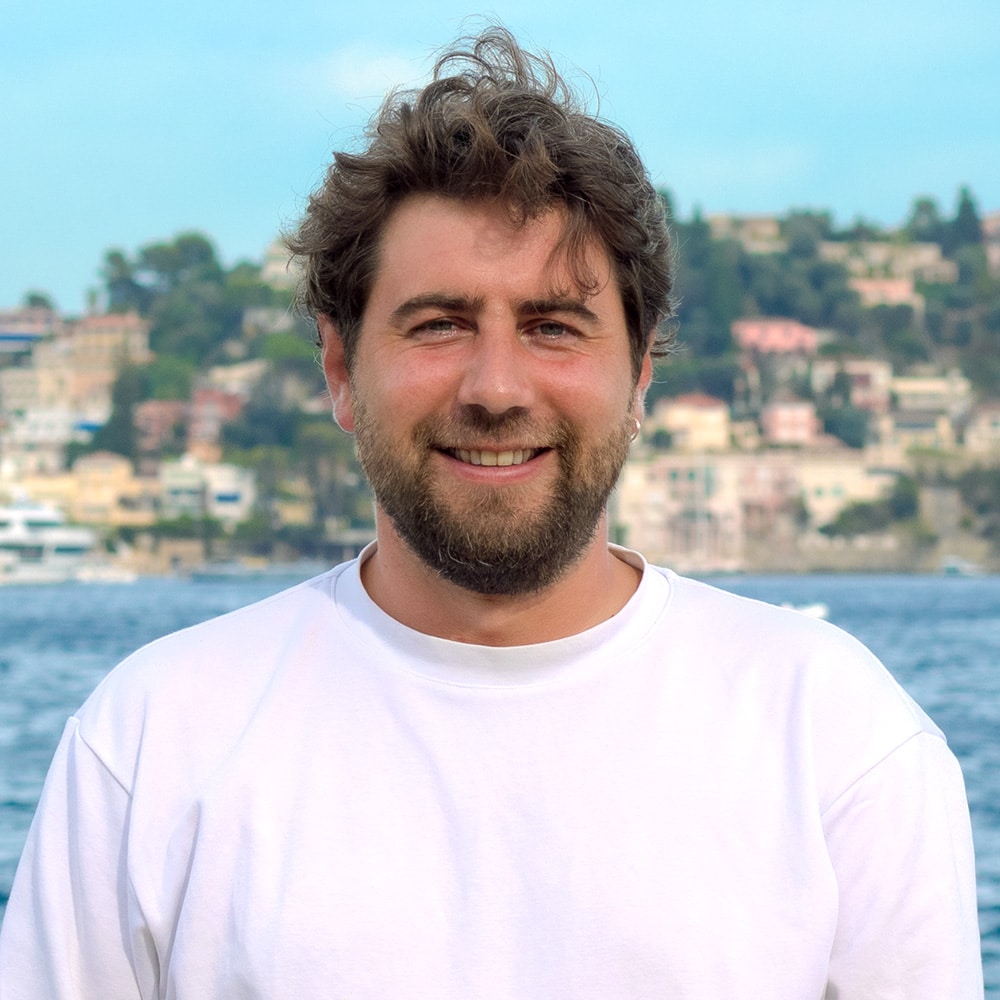The Dr. Marin Cornec, Postdoctoral researcher at LOV, Sorbonne University, Invited by Thierry Moutin, will give a seminar on the theme : A reassessment of phytoplankton production using Argo biogeochemical floats, the Thursday 27 November 2025 at 13:00 in the OCEANOMED Amphitheatre.
Abstract
In less than two decades, Argo biogeochemical floats (BGC-Argo) have profoundly changed the way the ocean is observed in three dimensions. This global network continuously measures key variables, ranging from chemical parameters (pH, dissolved oxygen) to optical tracers of phytoplankton biomass, from the surface to depths of over 2000 m, with high spatio-temporal resolution. In particular, these data will enable us to better characterise the dynamics of phytoplankton production and refine our understanding of the biological carbon pump. The quantification of net primary production and net community production applied to BGC-Argo data reveals significant levels of subsurface production in low-latitude systems (subtropical gyres, subequatorial zones), closely linked to the vertical structure of phytoplankton biomass. This compartment, which is largely neglected in many assessments, nevertheless makes a significant contribution to global ocean production. Integrating this «hidden productivity» into production estimates and biogeochemical models is essential to better quantify the ocean's role in the carbon cycle and its response to climate change.
About the author
Marin Cornec is a biogeochemical oceanographer who studies the dynamics of phytoplankton productivity using robotic observations (satellites, BGC-Argo floats). After a thesis at the Villefranche-sur-Mer Laboratory on deep phytoplankton maxima and a post-doctorate at the University of Washington on the biological carbon pump, he is studying the impact of extreme events on phytoplankton as part of a post-doctorate at LOV. He is also involved in a number of scientific outreach programmes, as well as developing tools for the BGC-Argo data user community.





